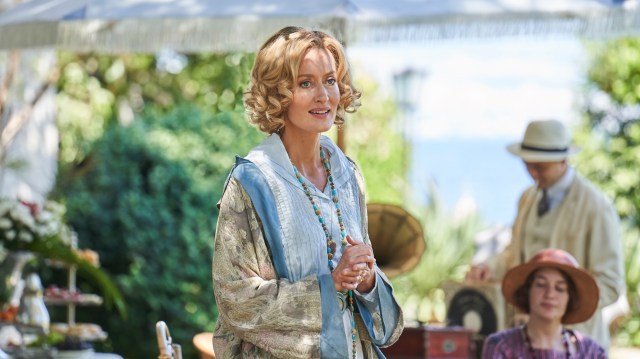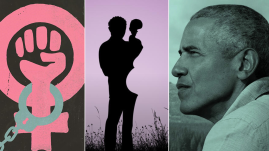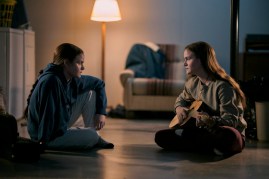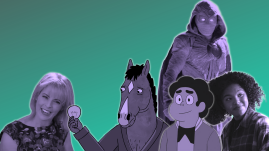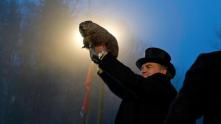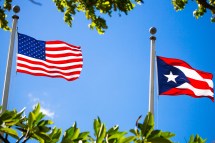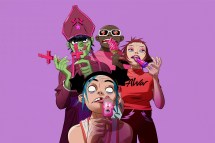TV & Movies
“Hotel Portofino” Review: New PBS Masterpiece Packs Drama, Mystery and Escapism
Natascha McElhone and Anna Chancellor star in this period piece set in Italy and reminiscent of “The Durrells in Corfu.”
Question of the day
Which of these is a top home security company?
-
FrontPointIncorrect – Try Again! FrontPoint
-
SimpliSafeIncorrect – Try Again! SimpliSafe
-
ScoutIncorrect – Try Again! Scout
-
All of the aboveAll of the above You Are Correct! – Correct! Learn More
Editorial Features
-
TV & Movies
10 Best Documentaries of 2022 — So Far
ADVERTISEMENT

